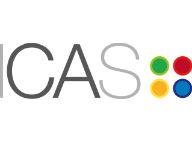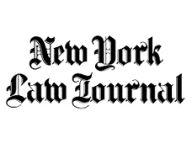Faculty News
—
Professor Yakov Amihud shares his views on IPOs
—

Excerpt from Institutional Investor -- "IPOs aren't important in their own right; they're a way for companies to raise capital. Now companies can raise capital in alternative ways."
Faculty News
—

Excerpt from Institutional Investor -- "IPOs aren't important in their own right; they're a way for companies to raise capital. Now companies can raise capital in alternative ways."

















